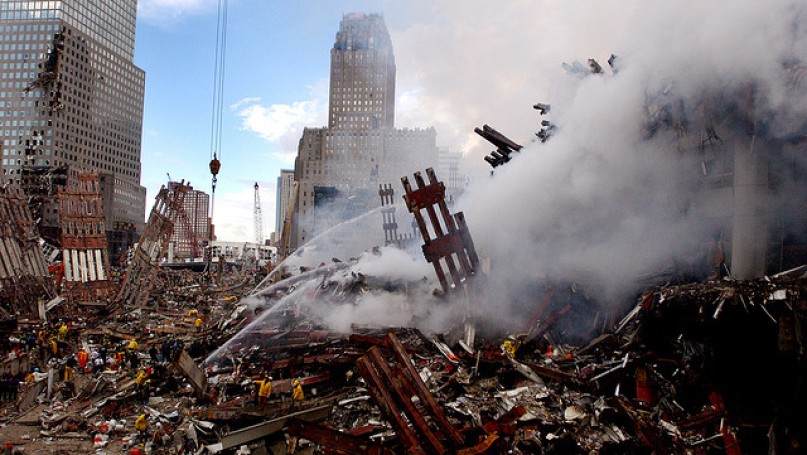
The question I put to my sophomore class yesterday was simple: what were the three most important news events in their lifetime?
I received a couple of responses that I expected. The 9/11 attacks were there, as were a couple of other terrorist incidents in Europe, in particular Madrid and London. The election of Obama to the presidency of the United States was mentioned, as was the defeat of Nicolas Sarkozy here in France (my students run conservative, at least as far as French politics go, and this was likely the first election some of them had had a chance to vote in). Some mentioned the 2004 Tsunami in the Pacific Ocean that devastated states across the region, killing around a quarter million people in just hours. One person mentioned the Fukushima Disaster, another settled on the global financial crisis of 2008, and another the introduction of the euro here in France.
It got me to thinking about what counts for important news to young people today. What is the ‘JFK Moment’ for this generation, the one where every person remembers exactly where they were when they heard the news and how it stopped people in the street in utter disbelief. Certainly for many, including myself, 9/11 is unforgettable and I recall exactly the place I was when I heard what had happened, the way I spent the next few days watching CNN and Australian television news with a mix of horror and incomprehension.
In comparison other historical events seem to fall by the wayside, even if their ramifications are at least as important.
None of my students, despite some being from the region and all around 20 years old, mentioned the Arab Spring uprisings, the Iraq War, or the colour revolutions in Eastern Europe. The genocide in Darfur, the rise of Putin in Russia, the expansion of the European Union were not mentioned, either. These events and the impact that they had on millions of people both in the regions within which they occurred and in the various diasporas globally didn’t register for the students in my class. I was not so much disappointed as I was curious: what counts for important for students these days?
Thinking it over last night I made a couple of tentative conclusions.
First the event has to be unexpected and arrive suddenly. A terrorist attack stands out in the mind precisely because it was not predicted in any more than the most general sense. I am not sure that the scope of the attack matters – 9/11 saw more than 3000 killed, Madrid ‘only’ 191 – as much as the shock that it occurred at all. A creeping change that emerges slowly (think Putin’s increasingly strong grasp on power in Russia or the slow re-emergence of China over 30 years) just doesn’t resonate in the same way.
Second, the event needs to be local or somehow connected to the students in either a real or imagined way. Hence, my students can identify with news events in Spain, the UK, or the US with greater ease than they might identify with South Sudanese civilians or Iraqi Kurds. It’s only news to us if we can find a way to connect it to ourselves or imagine ourselves in that situation. Hence, the 2008 global financial crisis stands out to a classroom where a third of the students are likely finance majors, while the expansion of the EU stands as just a fact of life, a footnote in history.
Third, the events have to be Western-centric. There was the odd exception like the 2004 Tsunami and perhaps a case could be made that Fukushima was a distinctly Asian event, too, but by and large the events nominated as important were events experienced in or determined by the West. This is incredibly limiting for professors of IR as the scope of a student’s world vision is limited to that of other people like him or her, making it so much harder to push those boundaries further when no base knowledge of the world outside the West exists.
Part of the job of an IR professor is to open the eyes of the students they teach to the world outside of their own country, their own experience, and their existing world view. To challenge the student to see that this global world is interconnected, that ‘news’ occurs the world over, and that what happens in a distant land can have real implications for local politics, too. All politics is local, goes the saying, but if our students don’t see that all events have both local and international implications, they won’t truly grasp the breadth and depth of our discipline.
It’s up to us to open their eyes to the important news that breaks every single day.
Further Reading on E-International Relations
- Opinion – Geographical Vicinity and Universal Values in the Light of the Ukraine Invasion
- Getting the Most Out of Class Discussion
- What to Do When You Don’t Like a Topic You Teach?
- Horseshoe Theory and Covid-19
- Opinion – The NATO Madrid Summit and the Alliance’s New Dawn
- Opinion – Reflections on the Global Sex Trade and the War in Ukraine